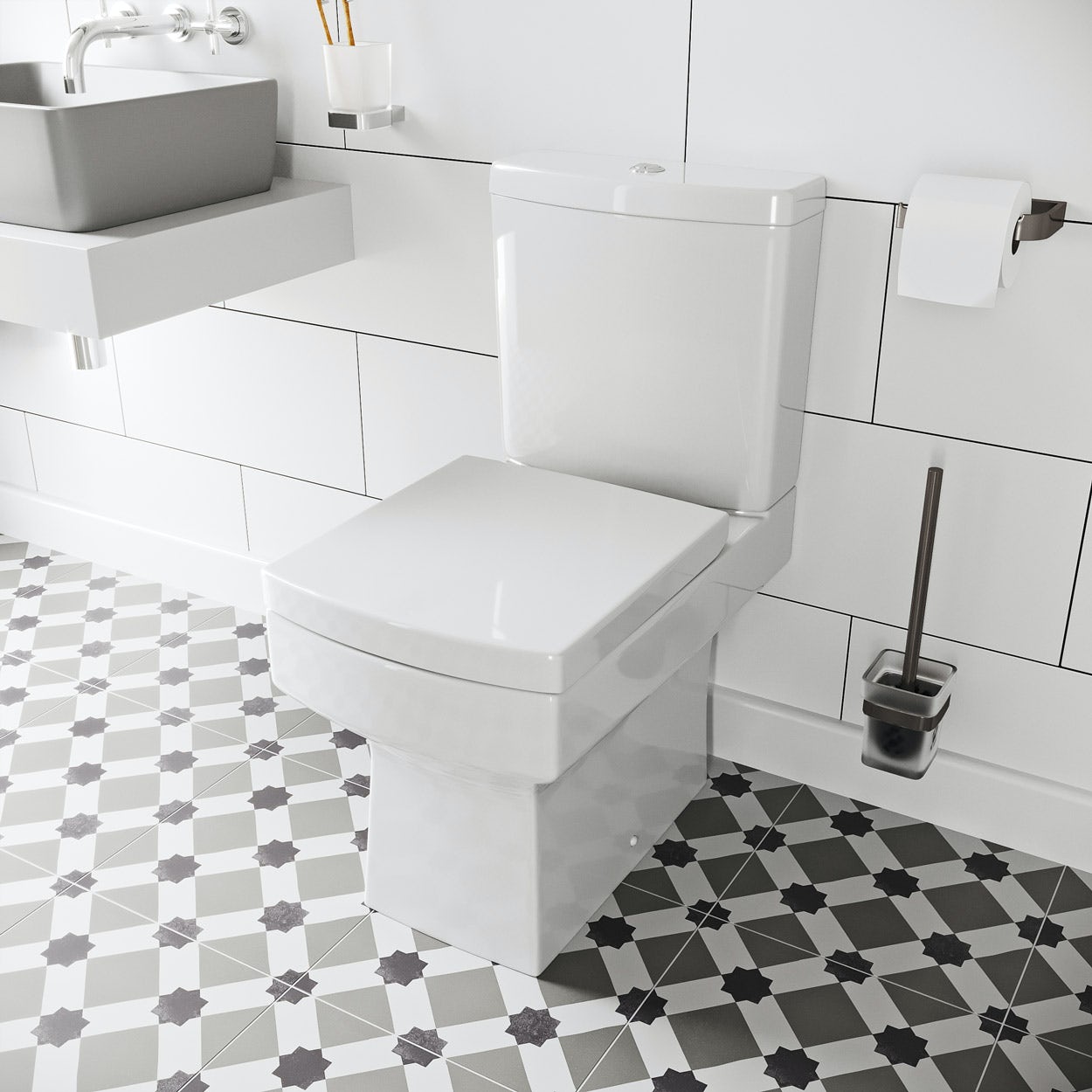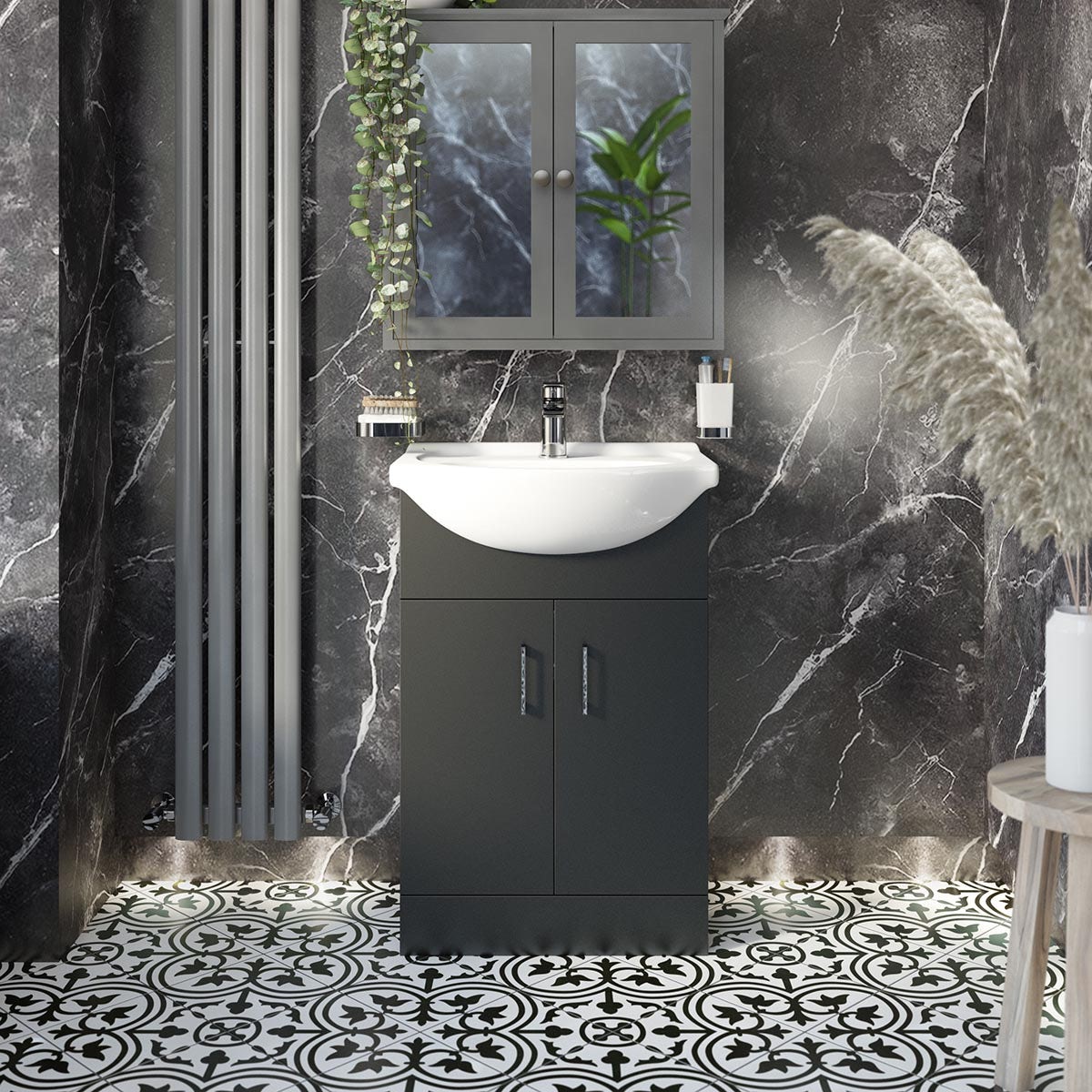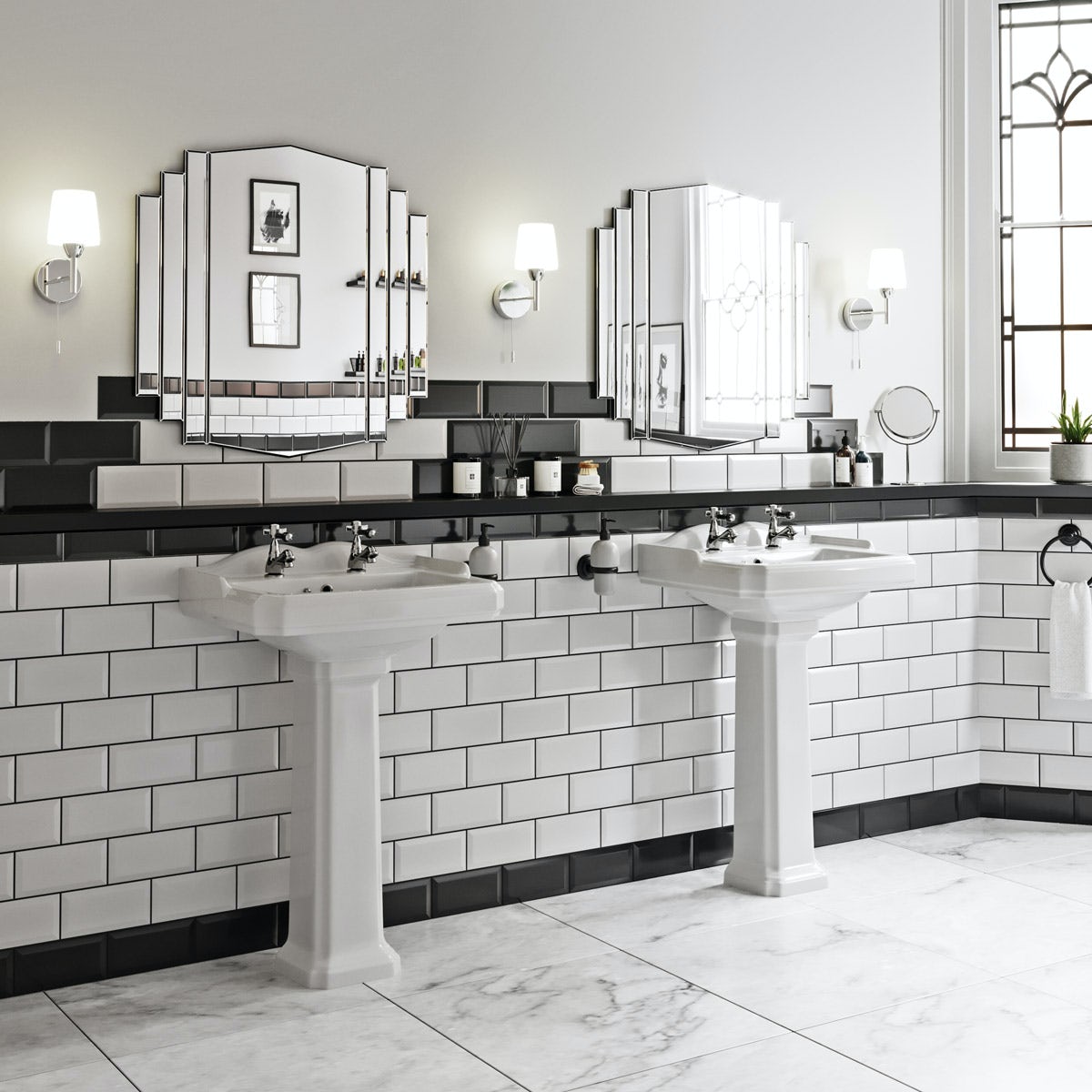If there’s one thing that can throw off your entire day, it’s a clogged drain. And if you’re anything like most of us, you’ve probably reached for the tried-and-true chemical drain cleaner to unclog that drain and restore the flow. But did you know using chemical drain cleaners can be both helpful and harmful? From environmental concerns to household safety, you’ll want to carefully consider the pros and cons of using this product before grabbing it off the shelf.
Quick Clarification
Some advantages of using chemical drain cleaners include being able to remove hair, grease, soap scum, and other types of clogs quickly and easily. However, there are also some potential drawbacks including potential damage to pipes if the instructions are not followed carefully, as well as safety risks from the chemicals used.
What are Chemical Drain Cleaners?
Chemical drain cleaners are commonly used to help unclog obstructed pipes. These chemicals are comprised of a variety of dissolvent agents, such as lye and sulfuric acid, that can dissolve an array of what would otherwise be tough deposits. While effective on obstructions like grease, hair, and soap scum, these products pose certain risks. Those who use them must take extreme care with their handling since they are extremely corrosive and often toxic to living organisms.
Nevertheless, it’s difficult to deny the effectiveness of chemical drain cleaners in many cases where a clog is present. When used properly and handled with great care, these products can provide some cost savings compared to professional plumbing services by allowing you to take matters into your own hands.
Ultimately, chemical drain cleaners have their place in the plumbing industry but must be used judiciously due to their potentially hazardous nature. With that said, we will now explore further the various pros and cons of using these types of products for clearing out clogged pipes.
Most Important Summary Points
Chemical drain cleaners can be effective in unclogging obstructed pipes such as those blocked by grease, hair and soap scum. However, they must be handled with extra care as they are highly corrosive and often toxic substances. They can offer cost savings compared to professional plumbing services, but must be used cautiously due to their hazardous nature.
Pros of Using Chemical Drain Cleaners
When it comes to the pros of using chemical drain cleaners, the most common point of discussion is the convenience with which they can be used. Most chemical drain cleaner solutions come in one-step applications that are easy to use and do not require any special plumbing tools. Additionally, some solutions are even safe for septic systems and therefore perfect for homeowners who own older homes or don’t have access to a municipal sewer system.
Chemical drain cleaners also tend to work quickly; results can be seen in as little as 15 minutes after application. This makes chemical drains a great solution for busy homeowners or those who don’t have hours to spare for what could potentially be an arduous process.
Finally, chemical drains cleaners often come at a lower cost than professional sewer services. Depending on the nature and extent of the clog, this could represent a significant savings in time and money that may well outweigh the cons associated with their use.
Despite these advantages, chemical drain cleaners are not without potential pitfalls, which will be explored in our next section. For now, however, it is clear that when used properly and with caution, chemical drain cleaners can provide a convenient and inexpensive solution for minor clogs.
Cons of Using Chemical Drain Cleaners
When it comes to using chemical drain cleaners, there are some distinct cons that need to be taken into consideration. For starters, the risk of bodily harm is a legitimate concern. These chemicals are caustic and highly corrosive, potentially leading to serious rashes or burns if mishandled. Additionally, they can easily cause damage to surrounding surfaces due to the etching properties found in some heavy-duty formulas. This may include damage to tile, metal drain pipes, countertops, and even clothing. Furthermore, the results of chemical drain cleaners may not be permanent if used on blocked drains caused by tree roots or debris as the issue is unlikely to be eliminated from just a one-time application of this type of solution.
In addition, these solutions have been known to produce excess amounts of fumes. Depending on the brand and strength of the product, inhaling these fumes can lead to health complications such as eye or throat irritation due to acids in the fluid or inflammation due to volatile organic compounds contained in some chemical drain cleaners. While fans are recommended for ventilation purposes to reduce any negative impacts from direct inhalation by users, they do little when compared with the potential risk associated with misuse of the products.
The myriad of risks combined with the questionable effectiveness of these substances make using chemical drain cleaners a somewhat dangerous endeavour. Coupled with their potential damage to surrounding surfaces and the environment, it is important to weigh all the pros and cons before committing one way or another on utilizing them. With that being said, moving towards more natural approaches for drain clog issues can help minimize any potential environmental impact while still providing an effective outcome. And so, if used responsibly and selectively, these types of products can potentially serve as rather viable tools in cleaning clogged drains. Therefore, it is essential to consider all available options before determining which route would work best for each individual situation.
Although there are several clear pros and cons that come with using chemical drain cleaners, it’s critical to also take into account how their use impacts our environment; thus, making it worthwhile exploring any green alternatives that may be available under certain circumstances before opting for this type of solution.
- A study conducted in 2018 found that nearly 20,000 ER visits were related to exposure to hazardous substances from drain cleaners.
- According to the US National Library of Medicine, chemical drain cleaners can cause severe chemical burns when they come into contact with skin or eyes.
- A 2017 survey showed that more than 15% of households use chemical drain cleaners to unclog their drains.
Environmental Impact of Chemical Drain Cleaners
The environmental impact of using chemical drain cleaners must also be taken into consideration. Chemical drain cleaners typically contain caustic acid or enzymes, and this means that when these materials are poured down the drain, they can contaminate local water sources. This contamination can have a deleterious effect on wildlife and may even disrupt the ecological balance of the local area. Not only that, but chemicals may also react with other cleaning agents already in your home to create toxic gases. This could end up harming not just the environment, but your family as well.
It is also important to note that some chemical drain cleaners are designed for specific drains only; if you apply incorrectly, you could end up using caustic chemicals in soft metal pipes, resulting in serious damage to your pipes over time.
No matter the pros and cons, it’s critical to be aware of the potential environmental implications of chemical drain cleaners. Although there are times when these agents may be necessary, it is important to consider alternatives that reduce risks to both your system and the environment whenever possible. With this said, let’s now explore some of those alternatives by looking at different ways one can clean a blocked drain without relying on harsh chemical solutions.
Alternatives to Chemical Drain Cleaners
The environmental impact of chemical drain cleaners is an important factor to consider when evaluating the pros and cons of using them for plumbing issues. While they can be effective in solving clogged and slow-moving drains, they can also create serious pollution and contamination if used improperly or too often. Fortunately, there are alternatives to chemical drain cleaners that still offer effective solutions without the potential for creating environmental damage.
One of the main alternatives to chemical drain cleaners is a homemade solution made from either baking soda and vinegar or baking soda and lemon juice. These natural ingredients fizz up when combined, creating a powerful combination that can break down tough clogs and reduce build up and grease. Though this alternative may take some time to work, it offers a much more eco-friendly option than using chemical drain cleaners because no toxic runoff is produced.
Additionally, a physical snake auger can also be used for clogged drains instead of chemical drain cleaners. This tool, which is typically made out of metal or plastic, uses a manual crank to twist through and clear blockages with relative ease. Along with being eco-friendly, these devices are relatively inexpensive and require little maintenance compared to heavier machines such as electric plumber’s snakes. Although it might take more effort than using chemical drain cleaners, it produces no emissions or hazardous materials into the environment.
Fortunately, there are viable options available other than chemical drain cleaners that offer effective solutions while maintaining environmental safety. In the next section, we’ll look at some of these natural and eco-friendly alternatives that provide sustainable plumbing solutions without risking contamination of nearby land or waterways.
Natural and Eco-Friendly Alternatives
In the previous section of this article, we looked at the potential pros and cons associated with using chemical drain cleaners. Many people are now turning to natural and eco-friendly alternatives which can offer an effective way of tackling blocked drains without exposing our environment to potentially harmful products.
One such natural option is baking soda and vinegar. Mixing a half cup of each into a bottle or jar, securely fastening the lid then shaking before pouring it down the drain can help dissolve grease and food-based blockages. This approach tends to work best on minor blockages, as larger ones may require further professional intervention.
An alternative to baking soda and vinegar is the use of boiling water to clear away stuck debris. Although this will only work if your drainage system is connected to a mains sewer, once again it’s best used for minor blockages, as anything more severe will require professional assistance.
Supporters of using natural methods claim that they are far less likely to damage pipes or corrode plumbing fixtures than chemical drain cleaners. In situations where corrosion does occur it can be very costly, whereas these natural options are often more affordable too.
Using natural cleaning agents in general is believed to improve indoor air quality — something which should not be underestimated when considering what type of cleaner we bring into our homes or businesses. From a safety perspective these types of eco-friendly options are typically non-hazardous, making them much less dangerous than chemical cleaners.
That being said, detractors will point out that natural cleansers are typically slower acting than their chemical counterparts, meaning this could potentially be an inconvenience for some individuals when dealing with stubborn blockages in heavily trafficked areas such as public washrooms or kitchens. The environmental friendliness also carries some debate — although these products have been designed with respect for nature in mind, many still come in plastic packaging or containers which are difficult to recycle unfortunately.
Ultimately though, using natural drain cleaners will likely be much safer for the environment when compared against chemical substances, but because results may take longer to achieve, it’s important to do your research and find out which ones will be most suitable for your specific situation.
Commonly Asked Questions
What are common chemical ingredients in drain cleaners?
Common chemical ingredients in drain cleaners include hydrochloric acid, lye or sodium hydroxide, sulfuric acid, and enzymes.
Hydrochloric acid is a strong inorganic acid that can dissolve hard materials like calcium deposits in plumbing systems. Its corrosive composition can help break down organic compounds like greases, fats, oils and other debris.
Lye or sodium hydroxide is an alkaline cleaning agent that helps dissolve a wide range of substances including proteins, starches and mineral deposits from the drain pipes. In combination with water it creates heat that breaks down gunk build-up.
Sulfuric acid is an acidic compound that reacts with organic solids to release sulphur dioxide gas which helps loosen clogs in the drain pipe walls so they are easier to flush out. It can also remove rust, scale and dirt build up on the inside of pipes.
Enzymes are naturally occurring proteins that work by breaking down large molecules such as fats and oils into smaller molecules so they can be flushed out more easily. Enzymes usually take several hours to do their job effectively and may not be as powerful as other chemical ingredients when it comes to heavy duty applications like grease removal.
Are there any environmental impacts associated with using chemical drain cleaners?
Yes, there are environmental impacts associated with using chemical drain cleaners. The chemicals in many common drain cleaners work by breaking the bonds between molecules of the clog, but can also pollute waterways and soil when they are poured down a drain. These chemicals can be toxic to aquatic life or cause algal blooms due to an increase in nutrient levels. Additionally, some drain cleaners contain petroleum-based solvents which can contaminate water sources if not properly disposed of, potentially having long-term effects on the health of a body of water.
It is important to note that not all drain cleaners pose a risk to the environment. Many brands now offer green or biodegradable solutions that are designed to be safe for both people and the planet. However, it is always best to read labels carefully and carefully dispose of any cleaners to make sure they do not end up in waterways or soil.
What safety measures should be taken when using chemical drain cleaners?
When using chemical drain cleaners, it is important to take certain safety measures to ensure the process is efficient and safe. Always wear gloves and a face mask when handling and using the cleaner. Be sure to read and follow all instructions provided with the product carefully. Also, be sure to ventilate the area where you are applying the cleaner and avoid any contact with skin or eyes. Also, never use chemical drain cleaners on porcelain fixtures (toilets, sinks, or tubs) or in enclosed spaces, such as basements or crawlspaces. Additionally, remember to store drain cleaning products out of reach of children and pets. Finally, make sure to immediately wash off any accidental spills or splashes that occur during application or use. Taking these safety measures can help prevent damage to your home or harm to yourself, so they should always be followed.






